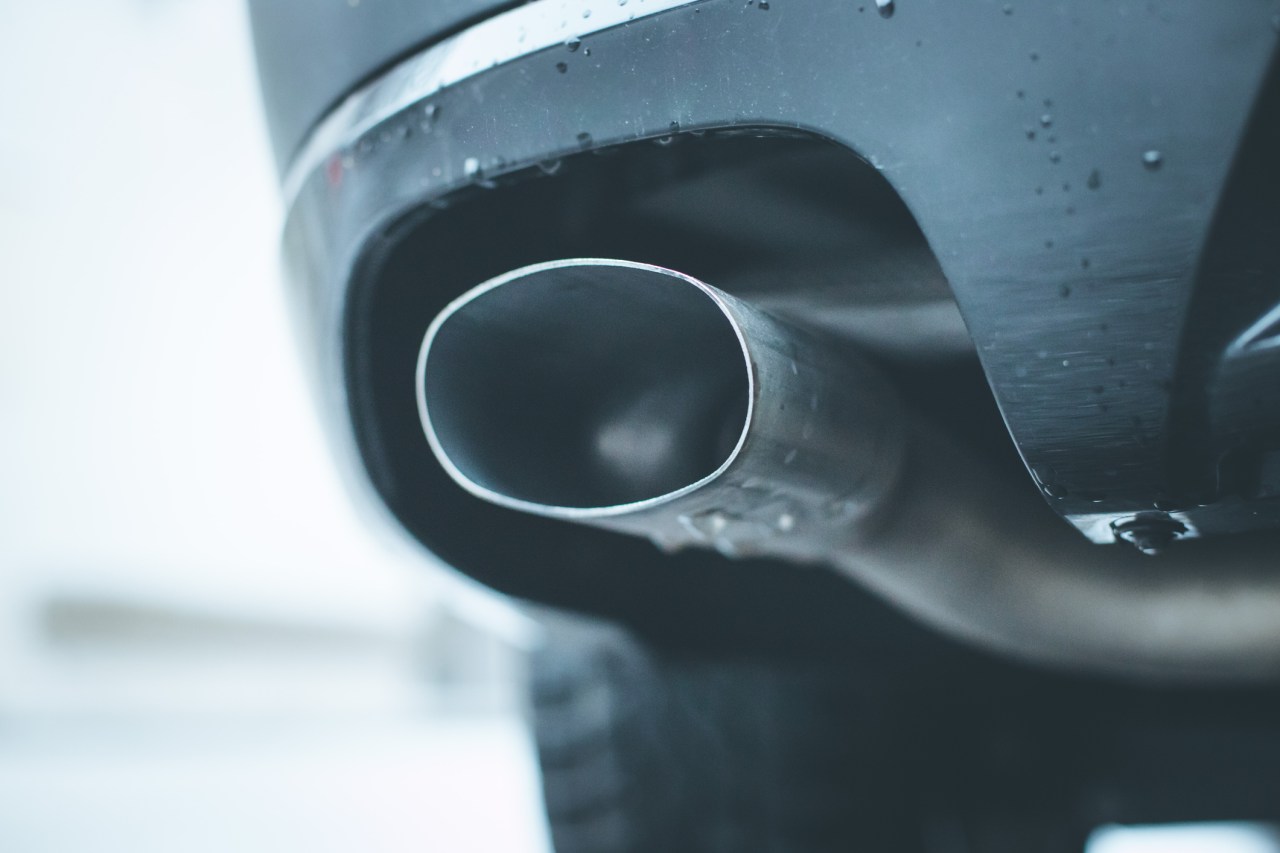
JACKSON, Miss. (WJTV) – As efforts continue to make the energy Americans use cleaner and more efficient, Mississippi lags behind most of the country.
A recent WalletHub report ranks Mississippi as the fourth-least energy-efficient state. Nine of the ten least energy-efficient states are in the South. No Southern state is in the top ten for being the most energy efficient. WalletHub excluded Alaska and Hawaii from its analysis due to a lack of data.
The average U.S. family spends at least $2,000 per year on utilities, according to the U.S. Department of Energy. The heating and cooling of spaces alone account for more than half the average bill. In 2022, the average consumer spent another $3,120 on motor fuel and oil, according to the U.S. Bureau of Labor Statistics.
The Department of Energy estimates that adopting energy-efficient measures in the home could reduce a family’s utility costs by as much as 25 percent. The agency found that a more fuel-efficient vehicle could save the average driver about $950 annually.
Below are tips that you could implement to save money:
- Install a programmable thermostat to lower utility bills and manage your heating and cooling systems efficiently.
- Air dry dishes instead of using your dishwasher’s drying cycle.
- Turn things off when you are not in the room such as lights, TVs, entertainment systems, and your computer and monitor.
- Plug home electronics, such as TVs and DVD players, into power strips; turn the power strips off when the equipment is not in use—TVs and DVDs in standby mode still use several watts of power.
- Lower the thermostat on your water heater to 120°F.
- Take short showers instead of baths and use low-flow showerheads for additional energy savings.
- Wash only full loads of dishes and clothes.
- Air dry clothes.
- Check to see that windows and doors are closed when heating or cooling your home.
- Look for the ENERGY STAR® label on light bulbs, home appliances, electronics, and other products. ENERGY STAR products meet strict efficiency guidelines set by the U.S. Environmental Protection Agency and the U.S. Department of Energy.
For vehicles, other tips can help you save at the pump and on overall maintenance costs
- Avoid idling. Idling gets you zero miles per gallon and actually does use gas. The best way to warm up a vehicle is to drive it. No more than 30 seconds of idling on winter days is needed. Anything more wastes fuel and increases emissions.
- Avoid aggressive driving, such as speeding, rapid acceleration, and hard braking, which can lower your highway gas mileage by up to 33% and your city mileage by 5%.
- Avoid high speeds. Above 60 mph, gas mileage drops rapidly. For every five mph above 60 mph, it’s like paying an additional $0.30 per gallon of gasoline.
- Avoid keeping heavy items in your car; an extra 100 pounds in your vehicle could increase your gas costs by up to $.08 cents per gallon.
- Reduce drag by placing items inside the car or trunk rather than on roof racks, which can decrease your fuel economy by 5% or more.
- Combine errands. Several short trips, each one taken from a cold start, can use twice as much fuel as one trip covering the same distance when the engine is warm.
- Check into telecommuting, carpooling, and public transit to save driving and car maintenance costs. Many urban areas provide carpool lanes that are usually less congested, which means drivers will get to work and home faster and more refreshed!
Visit energysavers.gov for more energy-saving ideas. To calculate the differences in fuel consumption among different vehicles, click here.
